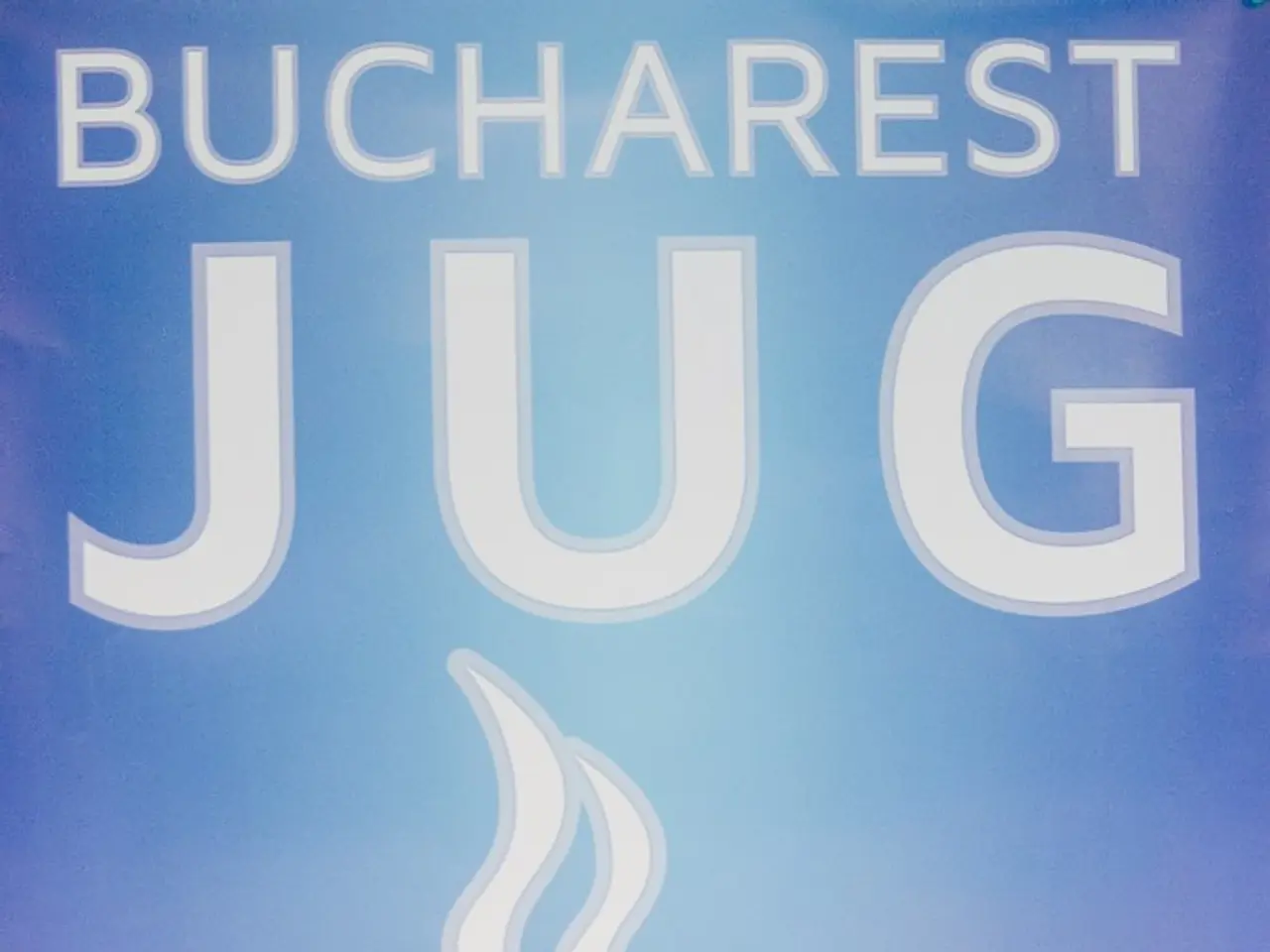Bayer diligently working to substantially reduce glyphosate lawsuits by the year 2026's end.
Bayer, the German pharmaceutical and life sciences company, is taking a multi-faceted approach to significantly reduce litigation related to glyphosate and polychlorinated biphenyls (PCBs) by the end of 2026.
In the glyphosate litigation, which began after Bayer's acquisition of Monsanto in 2018, the company has faced thousands of claims alleging that the herbicide causes cancer. Bayer has repeatedly stated that it stands behind the safety and non-carcinogenicity of glyphosate.
To address this litigation, Bayer has allocated significant financial provisions, including an additional €1.2 billion ($1.37 billion) on top of about €1.7 billion set aside, to cover defense costs and settlements. This financial readiness has allowed the company to reach major settlements, reducing the total number of unresolved glyphosate claims from 192,000 to approximately 61,000.
Bayer has also pursued ongoing legal challenges, including appeals and motions to transfer cases for review by higher courts such as the Missouri Supreme Court. The company emphasizes the defense that glyphosate products are safe and non-carcinogenic, citing EPA approval without cancer warnings and scientific arguments supported by internal experts.
In addition, Bayer welcomes potential legislative actions at the federal and state levels to reinforce EPA authority and limit litigation grounds. The company is also advancing the development and registration of new herbicides, such as icafolin-methyl, to support its business amid litigation pressures.
Regarding PCBs litigation, Bayer has recorded €530 million in additional provisions covering legal costs and potential settlements, particularly related to cases such as the Burke case and claims from the Sky Valley Education Center in Washington State. The company is awaiting rulings from state supreme courts, indicating active engagement in ongoing appeals.
Despite these legal challenges, Bayer's business performance remains robust. The company's Crop Science division sales increased by 2.2% during the quarter compared to the previous year. The core business grew by 3%, with seeds and traits up 11% for the quarter. Corn sales rose by 30% in Q2 based on global price increases and acreage expansion.
Bayer is optimistic about regaining registration for Dicamba for the next season, which could help in soy and cotton pricing going forward. The company has submitted registration applications in the US, Brazil, Canada, and the EU for icafolin-methyl, its "blockbuster herbicide." Bayer is also targeting an initial launch of icafolin-methyl in Brazil.
CEO Bill Anderson stated that every decision is made with the goal of moving past the litigation. The company's strategy, which combines financial readiness, strategic settlements, continued litigation defense, regulatory and legislative advocacy, and business diversification, aims to lower litigation exposure and costs while defending product safety claims.
In the midst of legal battles regarding glyphosate and PCBs, Bayer has allocated substantial funds towards business endeavors aimed at resolving these litigations. This includes setting aside over €3 billion for defense costs and settlements, and pursuing the development and registration of new herbicides like icafolin-methyl, which is expected to bolster its finance and business performance amidst litigation pressures.




